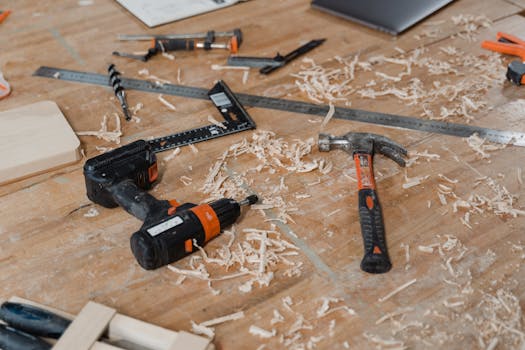You'll need a degree to apply for a graduate training scheme. Useful subjects include:
- broadcast engineering
- broadcast technology
- electronics
- physics
- computer science
Entry requirements
You'll usually need:
- 4 or 5 GCSEs at grades 9 to 4 (A* to C), or equivalent, including English and maths
- 2 to 3 A levels, or equivalent, for a degree








